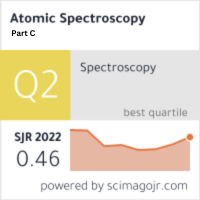Reporting On Findings From Large-Scale Particle Accelerators Such As The Large Hadron Collider (Lhc)
Keywords:
Large Hadron Collider, particle physics, Higgs boson, Standard Model, proton-proton collisions, high-energy physics, data analysis, detector technology.Abstract
Currently “Large Hadron Collider” near Geneva firing protons from two beams to augment each other with energy reaching up to 8 TeV has enhanced the fundamental particle physics research by conducting collision experiments from such a very high energy level. As for the related major discoveries of large particle accelerators such as LHC, some references to its influence on physics are provided and elaborated in the following paper. This includes the Higgs boson field that has been identified as the cause of mass of component particles of atom and other high energy proton-proton collision observations which has raised some of the biggest questions to the “Standard Model of particle physics and tests it”. Two of these topics are the particular procedures used in the search for and discovery of rare particles and occurrences, as well as the incorporation of large-scale data analysis methodologies, and implications of the observations for the progress of theoretical physics. Furthermore, the paper also outlines today’s current and further planned improvements of LHC concerning luminosity and energy of colliding beams, which could possibly create new forms of high-energy physics’ field. General discussion of what these detection technologies can do overall is also presented along with a discussion of how other aspects such as new detectors, data acquisition systems, and scientific computing impact these kinds of discoveries. Lastly, emphasis is placed on outlining pearls about the accelerator and the purpose of the LHC to give information about makeup of the universe and the forces that govern the behavior of particles.



